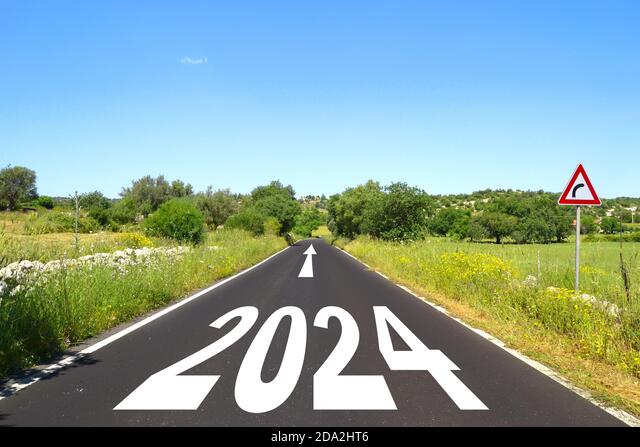The interview process can invariably be a long, expensive and time consuming exercise for many organisations. So the prospect of going through it and missing out on your preferred candidate who ticks all the boxes is not one you want to contemplate. Especially when findings indicate that the preferred candidate may perform up to 15% higher than the second choice candidate!
So, what steps can you put in place to increase your chances of landing your first choice candidate?
Interestingly, we are seeing skilled and high-quality candidates moving extremely quickly in the market after an extended period of recruitment inertia. This is as a result of the prolonged impacts of the pandemic on many industry sectors and organisations. However, this is now changing.
Below, we detail the 3 stand-outs which should be relatively easy for most organisations to implement:
1. Hire Faster
Sounds obvious doesn't it?
Research shows a slow hiring process is the No. 1 cause of candidates leaving the interview process.
This is known as 'ghosting', where applicants are engaged in the interview process and then suddenly disappear from the scene without explanation much to the annoyance of organisations and recruiters.
Invariably, this happens where the candidates have become disengaged due to the slowness and lack of communication in the process. Speed is critical and we recommend, from experience, a 20-day interview cycle, because top candidates are likely to get other offers very quickly and its been suggested that if it takes more than a month to hire someone, you’ve already lost your top candidate.
The best overall way to hire faster is to reduce the time needed to complete interviews.
- Reduce interview scheduling delays — reduce that delay by using telephone interviews, remote video interviews, and by allowing the candidates to self-schedule interviews using online software. Holding interviews at night or on weekends can also reduce scheduling delays.
- Hold fewer interviews — Companies such as Google have a clear structured process which defines the interview process for applicants. You can read about this in the excellent book, 'Work Rules'.
- Have an expedited interview process — complete your interview process quickly in the case when a top candidate has another offer or to meet the job search timetable of your top candidates. The emergence of video interviewing during lockdown has helped this undoubtedly. Issues and delays from coordinating diaries to reflect geographical constraints of individuals involved in the interview process has now almost completed disappeared from the agenda.
We are not saying don't do your due diligence or cut corners. We are just saying don't unnecessarily delay or it could cost you and your organisation.
2. Have Clear and Transparent Job Specs and Profiles
The best candidates have clear ideas about what they want from their career and won’t apply for your job unless they find out everything they want to know. This is why it is fundamental to be totally clear about all the job-related information like, start dates, remuneration, training and development, career progression and company plans.
Don't forget, the best candidates are looking for a position that will give them longevity and stability, along with the support to grow professionally, learn new things and be challenged. Presenting that information up front can help improve the response..
3. Have a Personalised and Proactive Approach
The best candidates believe they deserve 5 star treatment and are bought into the concept of the 2 way Interview process. It's not just the old fashioned thought process of an employer interviewing them, but of them interviewing you to decide whether you are good enough for them.
To help facilitate this, its important to personalize the interview process as much as possible and make it responsive to their individual needs and concerns while at the same time having a structured approach.
What type of things can you do?
-
Give applicants detail of the interview process - who they will meet and how they will be measured along the way - rather than arbitrarily determining who they will talk to, why not give them some input into who they will meet with during their interview process and also what each stage of the process will look to assess and uncover.
-
Provide regular feedback - As soon as you have assessed a candidate and whether they are to be invited back for interview, relay this information to the candidate in a timely and informative manner. Provide applicants with a general idea of how long the hiring process could be. This lowers expectations and that often allows you to maintain their interest a little longer. Failure to receive timely and relevant feedback is a massive gripe with candidates currently and is one of the main reasons for ghosting.
-
Make it a "real" two way process- take time to understand what the candidate is potentially looking for in their next move, what if any their reservations are and how you can potentially meet these.
-
Use a candidate platform - our Engage platform enables the candidates to track their interview progress and feel involved in the process from the outset. This can be powerful in engagement from the outset and allows them to feel valued.
If you would like to evaluate your hiring processes as you seek to reduce the risk of a "bad hire" why not complete our Hiring Checklist exercise.
Can we help?
At Lucy Walker Recruitment, we have been supporting the growth of organisations across the North of England to build high performing commercial teams through a range of recruitment solutions and products, for almost 30 years.
Why not schedule a call with one of our experts on Leeds 0113 367 2880 to discuss how we can help your recruiting needs and how we can help you integrate profiling into your hiring process. You can check out some of our client testimonials here.








.png)
.png)


.jpg)






.png)






